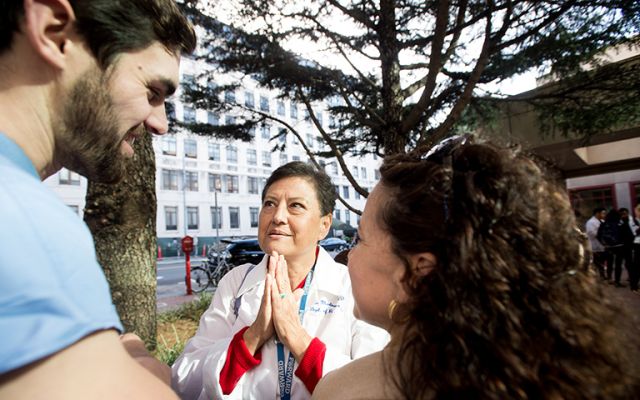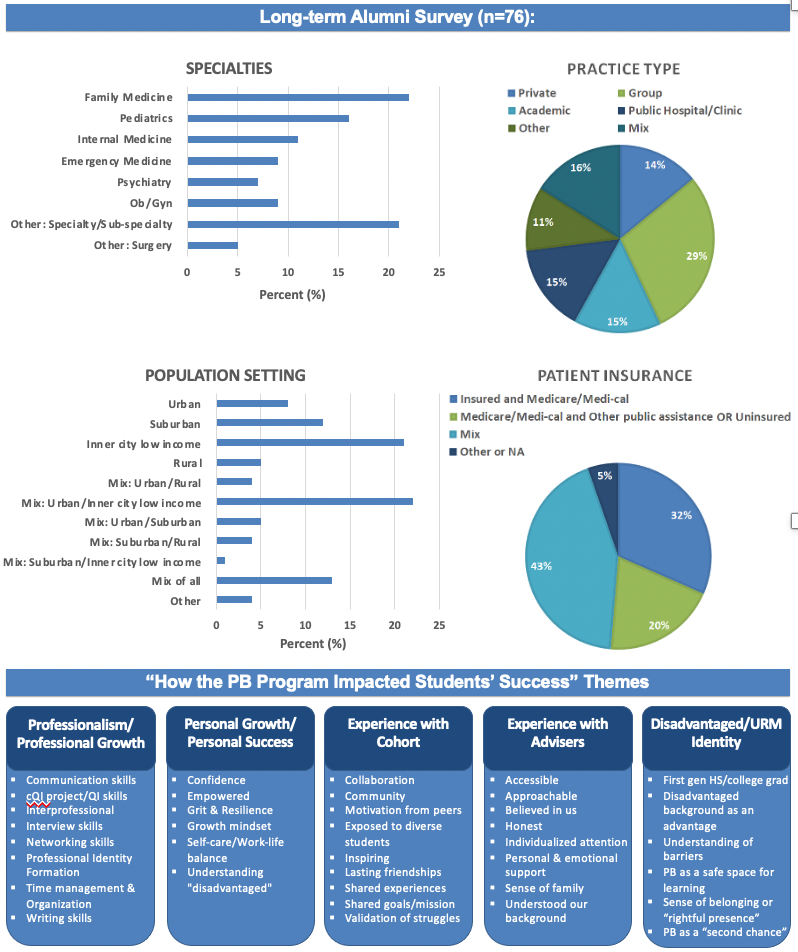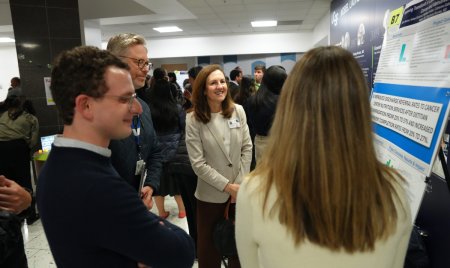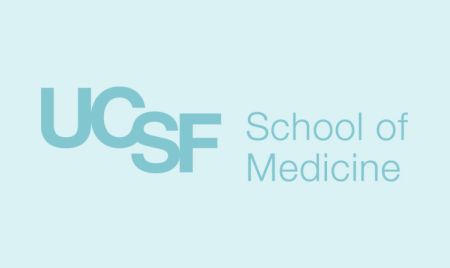Building a Pipeline of Diverse Doctors

Postbac Program Director Alma Martinez, MD, MPH
This summer marks the 23rd year of the Post Baccalaureate Program, a long-standing program designed to increase diversity of the physician workforce.
Each year, the program accepts up to 15 individuals from disadvantaged backgrounds or underserved communities in California. These students have completed their undergraduate course work, but feel they need more preparation before applying or reapplying to medical school. It is part of the University of California Post-Baccalaureate Consortium, which supports students from educationally and/or economically disadvantaged backgrounds, and who are committed to practicing in underserved communities of California, gain admission to medical school.
“I think it’s really important that patients see physicians who look like them and understand them,” said Program Director Alma Martinez, MD, MPH. “Unethical instances have caused communities to not trust medicine, and so much research shows that having that connection with a physician improves patients' outcomes.”
While in the program, students participate in an intensive MCAT review course during the summer months taught by UCSF medical students, enroll in upper division science courses at UC Berkeley Extension and weekly seminars led by UCSF faculty on healthcare in underserved communities, participate in workshops on applying to medical school, engage in a continuous quality improvement research project in one of the UCSF hospitals or clinics, and are paired with faculty mentors.
Associate Director Valerie Margol, MA, started the program with UC’s new president Michael Drake, MD, in 1999. “There was a lot of discussion at the time about how to increase diversity of medical students,” Margol said. She developed a high-touch program for students who have faced many systemic challenges. Many are the first in their family to have gone to college. “They’ve been told no and have had a lot of barriers thrown in their way; our program is an opportunity for them to shine academically” Margol said. Disadvantaged post baccalaureate program alumni have been shown to be highly likely to serve underserved communities as physicians.
The program’s success rate is significant: 93 percent of the students in the program who apply to medical school have matriculated into a U.S. allopathic or osteopathic medical school. A number of others have earned degrees in public health or other allied health professions. In 2011, the program received graduate certificate status, and is now part of the UCSF Interprofessional Health Post Baccalaureate Program that includes programs from the Schools of Dentistry, Medicine, and Pharmacy.
Last year, Samantha Sechrist, a third-year medical student who completed the program in 2017, conducted a survey of 76 alumni from the Postbac program. Her results demonstrate the efficacy and long-term results of the program: 78 percent of respondents reported practicing in California and 63 percent serve non-English speaking communities. These alumni reported that the program impacted them in the following areas: Professionalism/Professional Growth (e.g., Communications skills, quality improvement skills, interview skills); Personal Growth/Personal Success (e.g., confidence, empowerment, grit and resilience), in addition to the community and collaboration that came with their experiences in the program.

Authors: Samantha Sechrist, Valerie Margol, Gina Merriwether, Alma Martinez
One respondent explained the value of the program. “I think a very large component of the program is just showing us why it’s so important that people from our background go into medicine...we can help improve health outcomes in our communities because of the languages that we speak or the identities that we hold, but I think, at least for myself, I feel a lot more confident going into the field because I know that we serve a very valuable purpose in medicine.”
The program has played a pivotal role in paving the way for current UCSF medical students and residents as well. Since its inception, 50 alumni of the program have been enrolled at UCSF.
Fernanda Delgado Young completed the Postbac program in 2010 and is currently doing an Allergy-Immunology Fellowship at UCSF.
“[The program] was such a cohesive and centralized way to take the [entrance] exams and ensure that I could handle the rigors academically,’ Young said. “For me, [the program] was pivotal and I’m so glad it’s still going many years later.”
For more information about this program, please visit: https://meded.ucsf.edu/post-baccalaureate-program









